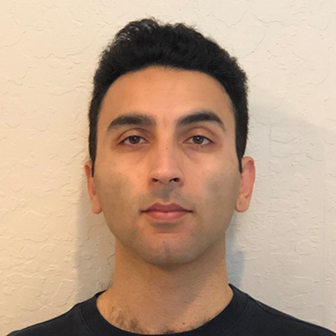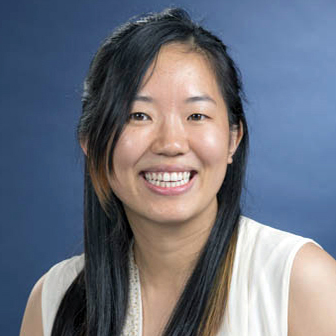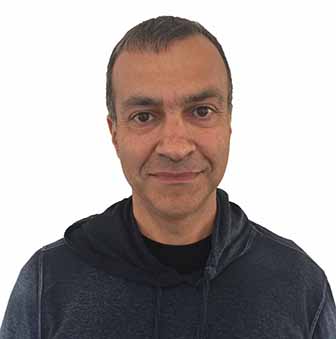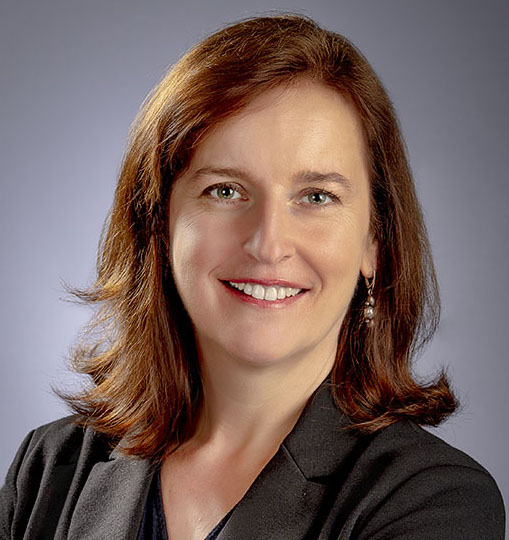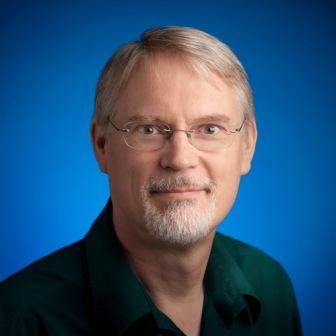IC2E 2022 Program
All the sessions refer to the Pacific Daylight Time (PDT/GMT-7).
2022 IEEE Infrastructure Conference
TDIS 2022 - 2nd International Workshop on Testing Distributed Internet of Things Systems
TDIS 2022 Keynote (in-person): AI workloads at Meta and their Implication on System Design
TDIS 2022 Paper Session 1
- Network Emulation in Large-Scale Virtual Edge Testbeds: A Note of Caution and the Way Forward
- IoTreeplay: Synchronous Distributed Traffic Replay in IoT Environments
- Integration of C-V2X Into a Hybrid Testbed to Co-Simulate ITS Applications and Scenarios
Lunch
TDIS 2022 Keynote (remote): Experiences with Cloud-Based Distributed Training and Edge Support for Mobile AR
Tutorial: FaaSET: A Jupyter Notebook to Streamline Serverless Development, Performance Analysis, and Experimentation (Part I)
TDIS 2022 Paper Session 2
- An End-to-End Framework for Benchmarking Edge-Cloud Cluster Management Techniques
- Towards Energy Consumption and Carbon Footprint Testing for AI-driven IoT Services
Coffee Break
Tutorial: FaaSET: A Jupyter Notebook to Streamline Serverless Development, Performance Analysis, and Experimentation (Part II)
Breakfast
Opening
Keynote: Developing at Uber Scale
Session chairs: Harumi Kuno and Ivona Brandić
Coffee Break
Session 1: Data Processing
Session chair: Wes Lloyd
- Decentralized Computation Market for Stream Processing Applications - Research Track
- Efficient Transmission and Reconstruction of Dependent Data Streams via Edge Sampling - Research Track
- Get Your Memory Right: The Crispy Resource Allocation Assistant for Large-Scale Data Processing - Research Track
- Streaming vs. Functions: A Cost Perspective on Cloud Event Processing - Research Track
Lunch
Keynote: The Pegasus Workflow Management System: Using Clouds and More for Science
Session chairs: Harumi Kuno and Ivona Brandić
Coffee Break & Posters
Session 2: Serverless Computing
Session chair: Daniel Gehberger
- Hardless: A Generalized Serverless Compute Architecture for Hardware Processing Accelerators - Research Track
- Fusionize: Improving Serverless Application Performance through Feedback-Driven Function Fusion - Research Track
- TriggerBench: A Performance Benchmark for Serverless Function Triggers - Research Track
- Function Memory Optimization for Heterogeneous Serverless Platforms with CPU Time Accounting - Research Track, Invited Paper
- Pay-as-you-Train: Efficient ways of Serverless Training - Industry Track
Dinner
Breakfast
Keynote: Building Warehouse-Scale Computers
Session chairs: Harumi Kuno and Ivona Brandić
Coffee Break
Session 3: Data Storage
Session chair: Abhishek Chandra
- Log-Based CRDT for Edge Applications - Research Track
- Privacy-Preserving Storage in the Fog - Research Track, Invited Paper
- Magpie: Automatically Tuning Static Parameters for Distributed File Systems using Deep Reinforcement Learning - Research Track
- Novel Abstraction and Offload Mechanisms for High Performance Cloud-native Distributed Object Stores - Industry Track, Invited Paper
Lunch
Session 4: Cloud Applications
Session chair: Ahmed Faraz
- 4DHI: An Index for Approximate kNN Search of Remotely Sensed Images in Key-Value Databases - Research Track
- Scalable Collaborative Software Visualization as a Service - Industry Track
- CloudBruno: A Low-Overhead Online Workload Prediction Framework for Cloud Computing - Research Track
Coffee Break
Session 5: Resource Management
Session chair: Tobias Pfandzelter
- UNIFY: Unified Network Management for Heterogeneous Edge Enterprise Network - Industry Track
- Optimum VM Placement for NFV Infrastructures - Industry Track
- Workload-aware Dynamic GPU Resource Management in Component-based Applications - Research Track
Social Activity
Dinner
Breakfast
Session 6: Security & Privacy
Session chair: Everton Cavalcante
- MicroBlind: Flexible and Secure File System Middleware for Application Sandboxes - Research Track
- Guarding Against Universal Adversarial Perturbations in Data-driven Cloud/Edge Services - Research Track
- Understanding Software Security Vulnerabilities in Cloud Server Systems - Research Track
- Automated Traces-based Anomaly Detection and Root Cause Analysis in Cloud Platforms - Research Track
- PACED: Provenance-based Automated Container Escape Detection - Research Track, Invited Paper
